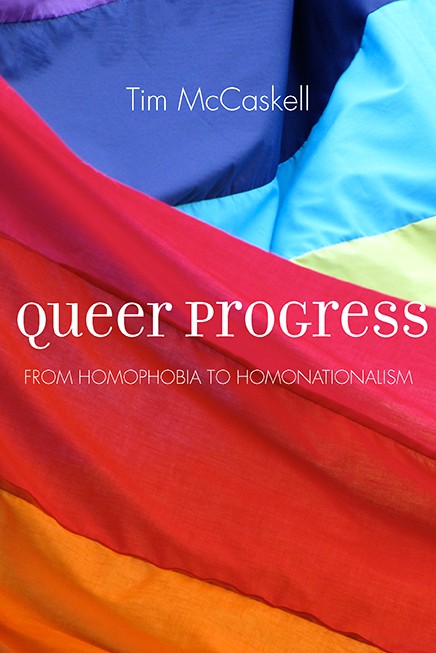From its beginning – a carefully written review of key concepts such as materialism, liberalism, Keynesian economics, and gay liberation – it’s clear that Queer Progress is in the business of analysis as much as it is about telling a crucial story. But the two aspects are thoughtfully intertwined, with McCaskell identifying examples of, say, left opportunism at work in the disruptions of gay conferences by revolutionary Marxist groups, or early rhetorical shifts toward respectability and away from sexual liberation.
The latter implies the book’s central question: where and how did a movement that vociferously defended sexual deviance, and that universally distrusted the state, get replaced by a politics that shies away from radical sexuality and unquestioningly lauds a wonky, government-approved vision of gay rights? A queer sort of “progress” indeed...






"vociferously defended sexual deviance, and that universally distrusted the state"
ReplyDeleteYeas, but that doesn't really help love.